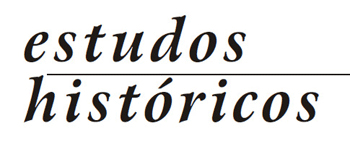Abstract
Even to this day there is a lack of studies concerning the Brazilian Constitution of 1937, perhaps due to a common disdain of jurists and historians for this document. On one hand, it is understood that it would have represented a summary of the main legal and political ideas advocated by intellectuals like Oliveira Viana and Francisco Campos; on the other hand, it would have also represented a moment of institutionalization and legitimation of a strong regime. We intend to analyze here the possible sense of legal and political legitimacy of the 1937 Constitution and its democratic and corporate character in accordance with its own terms and with the definition of the intellectuals mentioned above.
Keywords:
Constitution of 1937; the "Estado Novo" dictatorship; Oliveira Viana; Francisco Campos; democracy; corporatism
